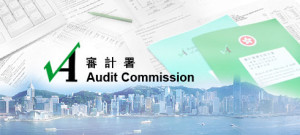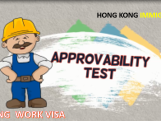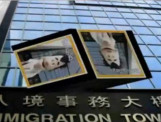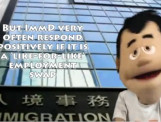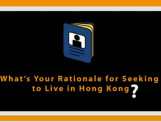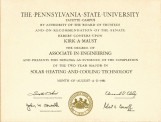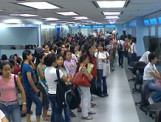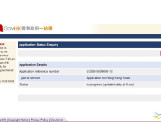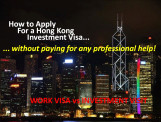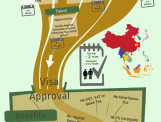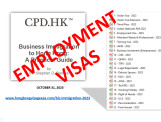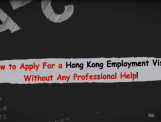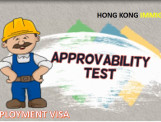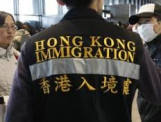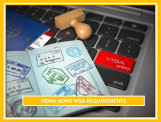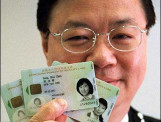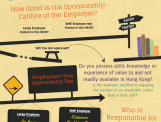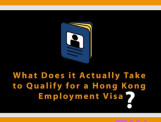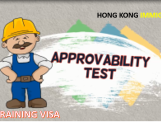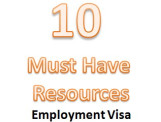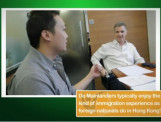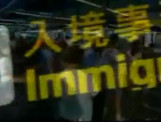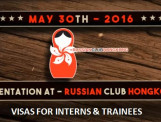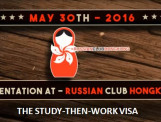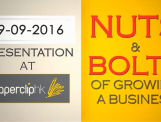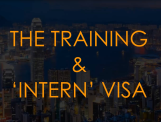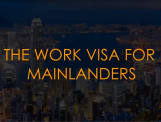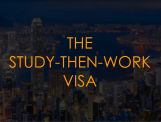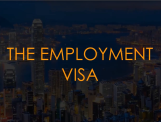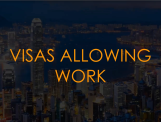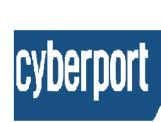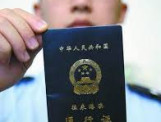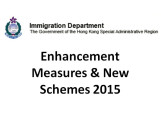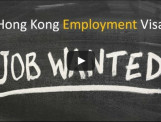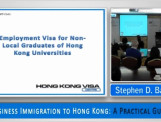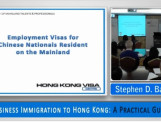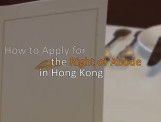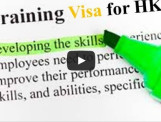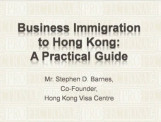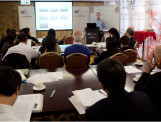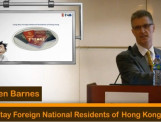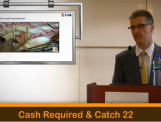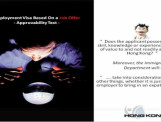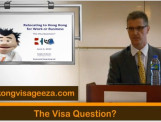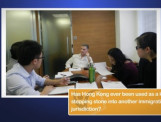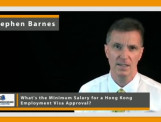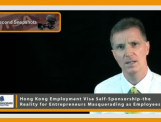
Battening Down The Hatches – WHY THE HONG KONG IMMIGRATION DEPARTMENT ARE ABOUT TO GET REALLY TOUGH On Visa Applicants
Posted by The Visa Geeza / in Employment Visas, Family Visas, Feature Article, Investment Visas, Long Stay & PR, Musing, Refusals & Appeals / 1 response
Hong Kong Audit Commission Report 66 – If you work in the field of Hong Kong immigration, these last few days can properly be said to amount to an earthquake under the foundations of Immigration Tower.
Presentation @ WYND on June 14, 2016 – Download Here
Last week, the Hong Kong Audit Commission released their Report Number 66 which looked at the performance of the Hong Kong Immigration Department between 2006 and 2015 and found that certain aspects of their operational performance should be improved upon.
Consequently, all the recommendations made by the Audit Commission have been accepted by the Government and so ImmD are duty bound to change.
We have also had several discussions with front line Immigration Officers; the message coming back, in no uncertain terms, is that the ‘easy ride’ is over.
What do I mean by ‘easy ride’?
Here’s a bit of the reality, in my experience, when it comes to foreign nationals making visa applications in Hong Kong:
(1) The overwhelming majority of visa applicants and their employers underestimate the documentary preparations needed to pursue a visa application down at Immigration Tower.
(2) The overwhelming majority of visa applicants and their employers underestimate the amount of time it takes for a visa application process to play itself through and tend to wait until the very last moment before deciding to commence their visa applications – and when they do, generally exhibit certain, mostly unrealistic, expectations that their cases can be expedited due to ‘special circumstances’.
(3) The overwhelming majority of visa applicants and their employers approach their applications with a sense of entitlement for approval and underestimate the extent of the work that an immigration officer has to complete in order to finalize an application (positively or negatively).
ImmD policy has always been only to give due and full consideration to applications once all the documents they need to undertake their duties have been received by ImmD.
Given the practicalities of administering applications and the pressure immigration officers have to meet their internal performance requirements, provide an efficient service and complete their duty as public servants of Hong Kong, ImmD have demonstrated certain flexibilities in order not be seen as overly legalistic and excessively-bureaucratic.
An obvious example of this flexibility, was the ability to start off an application at ImmD with just the application forms and a modicum of supporting documents on hand, knowing that the missing documents could be backfilled subsquently during the currency of the application. This in essence relied on the good grace of ImmD to (a) accept these ‘skeleton’ type applications and (b) engage in correspondence subsequently requesting the missing documents prior to completion of the approval (or refusal) formalities.
This was a practical way to deal with the pressure-realities of (1)-(3) set out above.
However, when you read through the Audit Report (all 86 pages!) it is obvious that ImmD have been found wanting due to the fact that they have actually sought to be flexible in many instances and now it has come back to haunt them.
So, dear readers, it is with a heavy heart that I state that the easy ride is well and truly over.
This is what we can expect to change, essentially, with immediate effect:
CHANGE 1
Visas for Professionals and Non-local Graduates
(A) Applications must be complete at the point of submission enabling ImmD the potential to meet their performance requirements of finalizing 90% of cases within the four week pledge time.
The culture of skeleton, initial submissions will end. Only 10% of cases should therefore require follow up correspondence by ImmD.
Practical Consequence for Applicants?
Start your deliberations leading to an eventual visa application 60 days earlier than you might have previously anticipated.
CHANGE 2
(B) ImmD will issue guidelines to set out clearly the required procedures for considering availability of local employees and market level of remuneration in processing employment and ASMTP visa applications
Local employee count and the potential for job creation is going to become a key facet in the determinations of ImmD to approve (and, possibly, extend) an application.
Practical Consequence for Applicants?
Applicants and their employers need to steel themselves for significant scrutiny as to rates of pay and whether a local candidate should be preferred for the position in question.
CHANGE 3
(C) Tighten control over the verification of the authenticity of supporting documents submitted by Immigration Arrangements for Non-local Graduate (“IANG”) applicants.
Whilst the Audit Commission specifically pointed this out in the context of IANG applications, there is no good reason not to implement this widely across GEP and other case types too
Practical Consequence for Applicants?
Expect that documents supporting prior employment and education qualifications will become more rigorously assessed, with secondary means of authentication being required prior to being deemed acceptable proof (longer documentation preparation times and additional expense of official translations and authentications).
CHANGE 4
(D) Strictly require a 12 month prior employment before recognizing an intracompany transferee applicant.
To be availed of positive consideration, an ICT applicant will need a minimum of 12 months documented prior employment with the entity seeking to ICT transfer them into Hong Kong.
Practical Consequence for Applicants?
This will potentially limit flexibility as regards the transfer of new hires into Hong Kong ex-third country operations and could require applicants in certain circumstances to defer their applications for at least 12 months in order to satisfy the one year requirement.
CHANGE 5
Visas for Business Investors (Entrepreneurs)
(E) Applications must be complete at the point of submission enabling ImmD the potential to meet their performance requirements of finalizing 90% of cases within the four week pledge time.
The culture of skeleton, initial submissions will end. Only 10% of cases should therefore require follow up correspondence by ImmD.
Practical Consequence for Applicants?
Start your deliberations leading to an eventual visa application 90 days earlier than you might have previously anticipated. In considering the establishment of company bank accounts, this should become the first priority once a decision has been made to progress with an application – it can take up to 6 weeks for a bank account to be opened and funded and ImmD will more than likely be unwilling to even accept an application for consideration without full documented proof of the corporate bank account being opened and funded.
CHANGE 6
(F) Tightening up on the control of extensions of stay and consistency of Business Review.
Entrepreneurs are going to be held closely to account for the jobs they say they are going to create; if you don’t create the jobs, your extension of stay and/or its limit of stay may well be at risk.
Practical Consequence for Applicants?
Extensions of stay more than likely to be subject to close Business Review with no job creation whatsoever potentially jeapordising visa extension. Jobs not created in line with those previously planned and forecast will inevitably mean continuing Business Review.
[There are set to be changes too in how the CIES extension of stay process is administered, along with a general tightening up in respect of FDH visas and the processes surrounding change of employers.]
First Published 24th April, 2016










